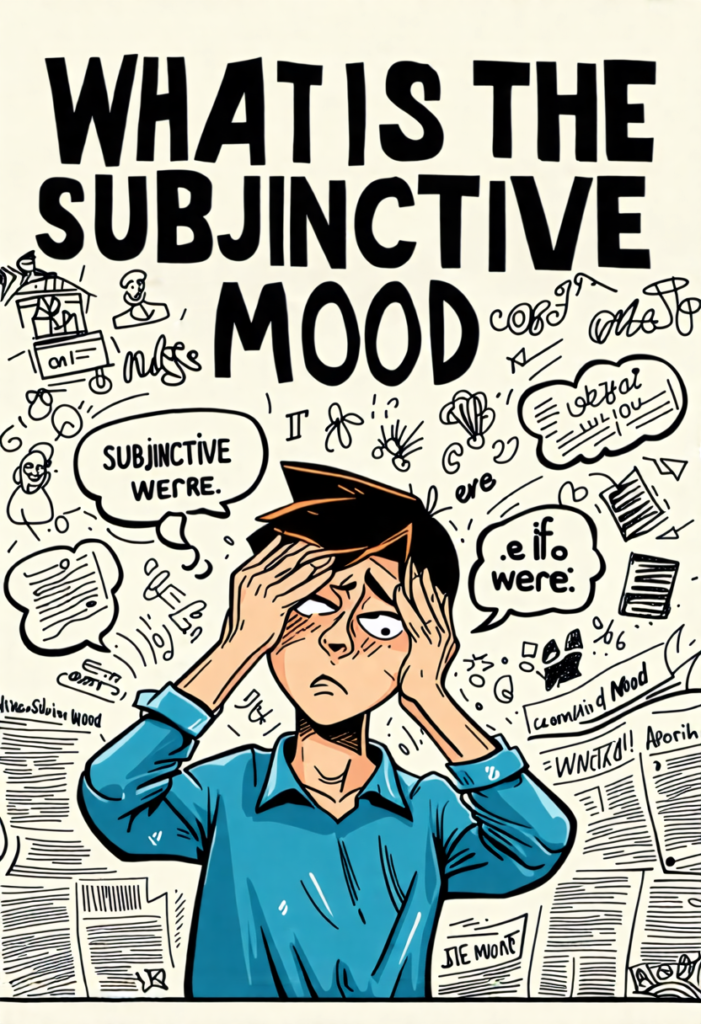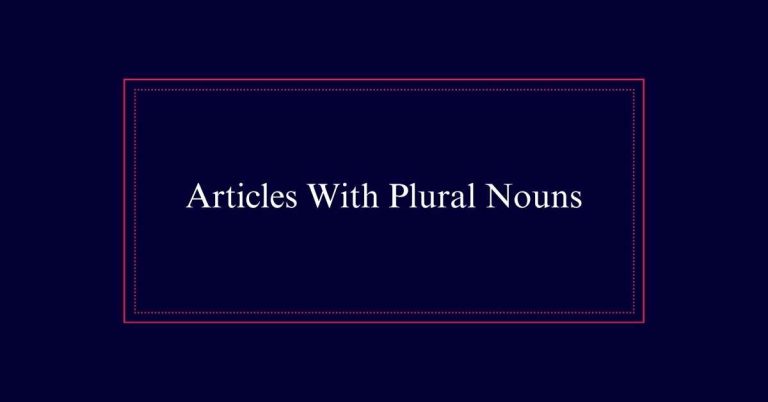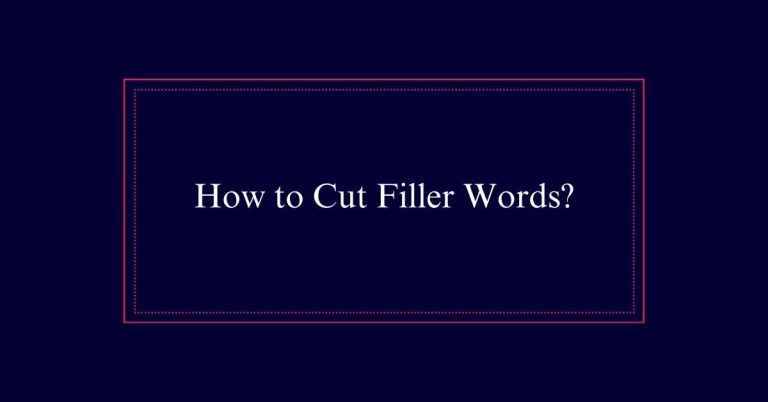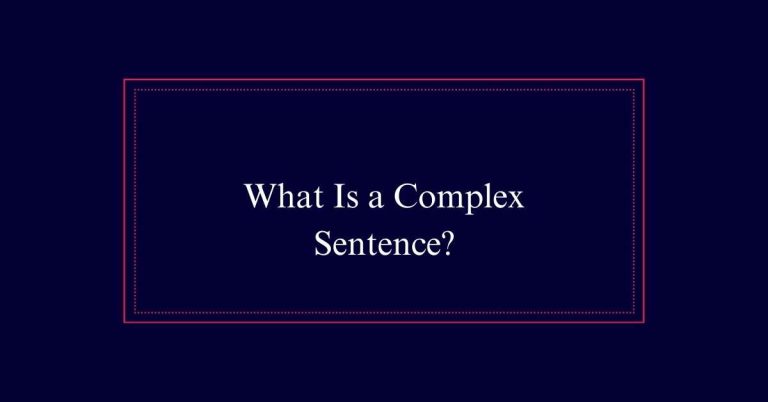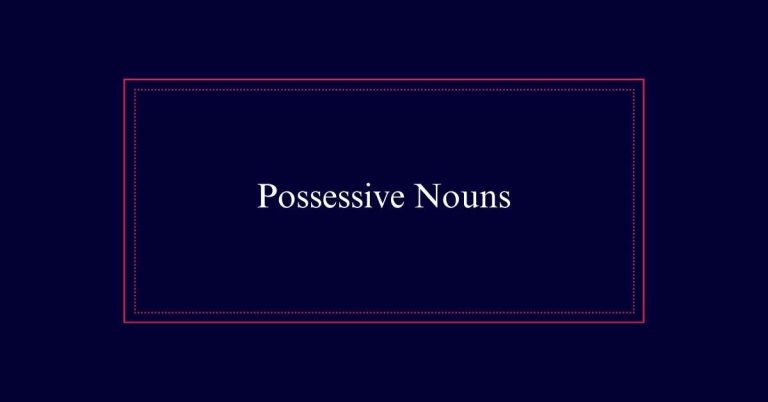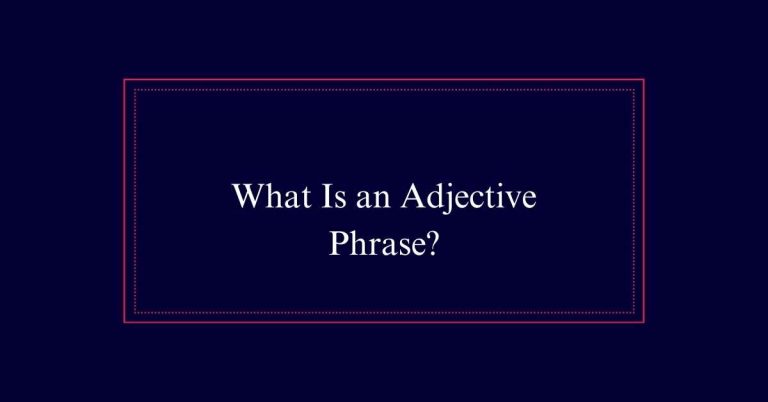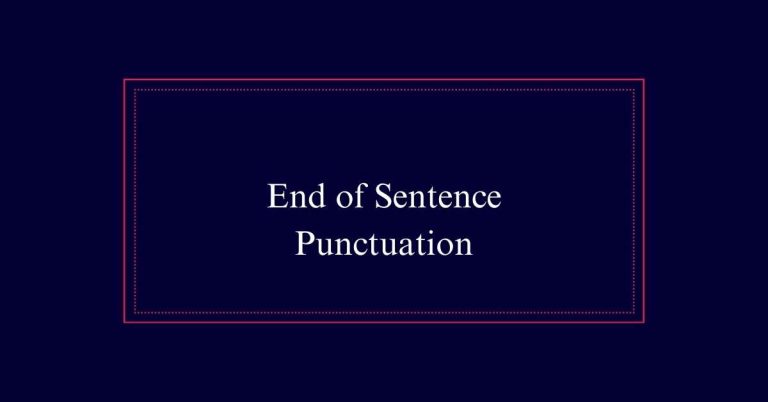What Is the Subjunctive?
The subjunctive mood is a grammatical form used to express wishes, desires, hypotheticals, or situations contrary to reality. Unlike the indicative mood, which states facts, the subjunctive focuses on imagined scenarios. For example, “If I were rich, I would travel the world.” Here, “were” signifies a hypothetical situation.
Defining the Subjunctive
The subjunctive mood is a grammatical form used to express wishes, desires, or hypothetical situations. It differs from other grammatical moods by focusing on what is imagined rather than what is real.
In English, the subjunctive mood does not have a unique verb form. Instead, it uses the bare form of verbs in finite clauses. For example, ‘I recommend that he study harder’ employs the subjunctive mood.
Often, the verb ‘were’ is used to indicate hypothetical situations, as in ‘If I were rich, I would travel the world.’ The subjunctive is essential for conveying uncertainty, recommendations, and imagined scenarios, adding depth and nuance to language.
Subjunctive Vs. Indicative
Often, the subjunctive mood contrasts sharply with the indicative mood in both form and function. The indicative mood states facts, like ‘She is a doctor.’ It describes real, concrete situations.
In contrast, the subjunctive mood expresses wishes, hypotheticals, or unreal situations, such as ‘If she were a doctor.’ Here, ‘were’ signals a hypothetical scenario, not a fact.
While the indicative uses normal verb forms to convey reality, the subjunctive often uses bare verbs or the special form ‘were.’ Understanding this difference is essential for clear communication. The indicative provides certainty, while the subjunctive introduces possibility or desire.
Subjunctive Verb Forms
Understanding the contrast between subjunctive and indicative moods leads us to explore the specific verb forms used in the subjunctive mood.
In the subjunctive mood, verbs often appear in their bare infinitive form, without any tense markers. For example, in the sentence ‘It is essential that he be present,’ the verb ‘be’ remains in its base form.
The subjunctive is also evident in past tense contexts, typically using ‘were’ instead of ‘was,’ as in ‘If she were here, she would help.’ This contrasts sharply with the indicative mood, which uses standard tense forms to state facts.
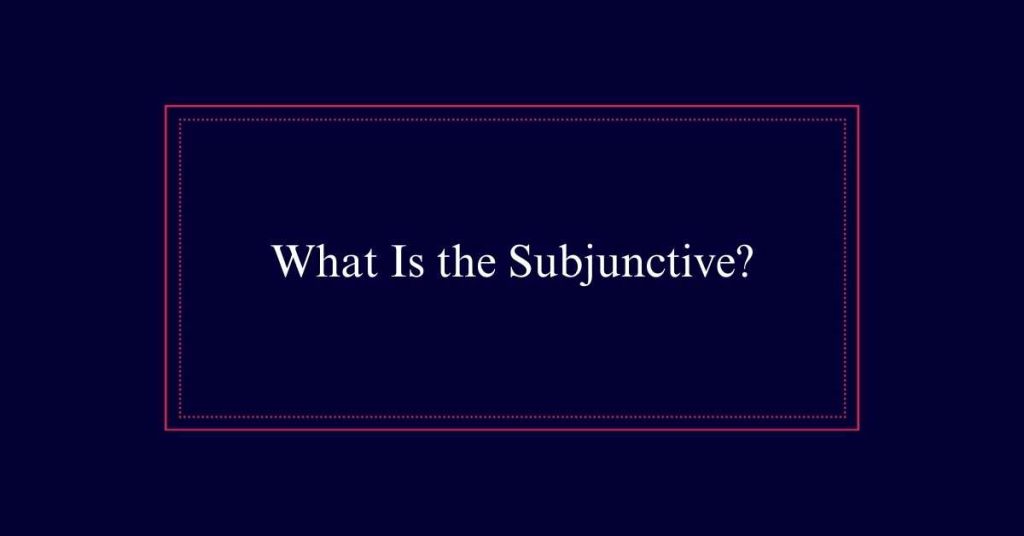
‘Were’ in Subjunctive Mood
In the subjunctive mood, ‘were’ is used to express hypothetical or contrary-to-fact conditions. It helps convey scenarios that are imagined or wished for, rather than real. For example, “If I were rich, I would travel the world.” Here, ‘were’ indicates a condition that is not true in reality.
| Condition | Example Sentence |
|---|---|
| Hypothetical | If she were here, she would help us. |
| Contrary-to-fact | I wish it were warmer today. |
| Unreal Past Condition | If I were you, I would apologize. |
| Imagined Scenario | Suppose he were to arrive now. |
Uses of the Past Subjunctive
Building on the role of ‘were’ in the subjunctive mood, the past subjunctive is used to express wishes, hopes, or hypothetical situations set in the past.
For example, ‘If I were rich, I would have traveled the world’ highlights a hypothetical scenario contrary to reality. Similarly, ‘I wish he were here yesterday’ conveys a past desire that cannot be fulfilled.
Present Subjunctive Examples
The present subjunctive is used to express recommendations, demands, or hypotheticals in the present or future. It often follows verbs like ‘recommend,’ ‘suggest,’ ‘demand,’ or phrases such as ‘it is essential that.’
For instance, in the sentence ‘The teacher insists that he study harder,’ the verb ‘study’ is in the present subjunctive form. Another example is ‘It is vital that she be on time,’ where ‘be’ remains in its base form.
The present subjunctive is distinct because it does not change according to the subject. It remains the same regardless of whether the subject is singular or plural, as in ‘They suggest that she finish the report.’
Expressing Desires and Hopes
Expressing desires and hopes often involves using the subjunctive mood to convey wishes or hypothetical situations. The subjunctive mood helps articulate scenarios that are not necessarily real but are desired or hoped for. For example, in the sentence, ‘I wish he were here,’ ‘were’ is used instead of ‘was’ to indicate a wish. Similarly, ‘It is important that she be present’ uses ‘be’ to stress the importance of her presence.
Here is a table showcasing examples:
| Mood | Sentence | Explanation |
|---|---|---|
| Indicative | She is here. | States a fact. |
| Subjunctive | I wish she were here. | Expresses a desire. |
| Subjunctive | It is vital that he arrive on time | Emphasizes a hoped-for but uncertain event |
Hypothetical Situations
In hypothetical situations, the subjunctive mood is vital for discussing events that are imagined or contrary to fact. This mood allows speakers to explore possibilities that differ from reality.
For instance, consider the sentence, ‘If I were a millionaire, I would travel the world.’ Here, ‘were’ signals an imagined scenario, not an actual condition. The subjunctive mood is essential for conveying such unreal or speculative ideas. It is often used after phrases like ‘if’ and ‘wish.’
Another example is, ‘I wish it were sunny.’ This indicates a desire that contrasts with the current weather condition.
Subjunctive in Recommendations
When giving recommendations, the subjunctive mood is often employed to express suggestions or advice. This form is used to highlight the importance of an action or state that is not concrete but rather desired or suggested.
For example, one might say, ‘It is essential that she be on time.’ Here, ‘be’ is in the subjunctive mood.
Another example is, ‘The teacher recommended that he study more.’ In this case, ‘study’ remains in its base form.
The subjunctive mood helps emphasize the recommendation’s significance without asserting it as a fact.
Importance of Subjunctive Mood
Understanding the role of the subjunctive mood in recommendations highlights its broader importance in conveying nuanced meaning in language. The subjunctive mood allows speakers and writers to express desires, hypothetical scenarios, and recommendations effectively. Its usage provides clarity and specificity, setting apart real situations from imagined ones.
Here are key reasons why the subjunctive mood is essential:
- Expressing Hypotheticals: It conveys situations that are not real but imagined, such as ‘If I were rich.’
- Making Recommendations: It is used in suggestions, like ‘I recommend that he study more.’
- Conveying Desires: It shares wishes and hopes, evident in phrases like ‘I wish it were sunny.’
